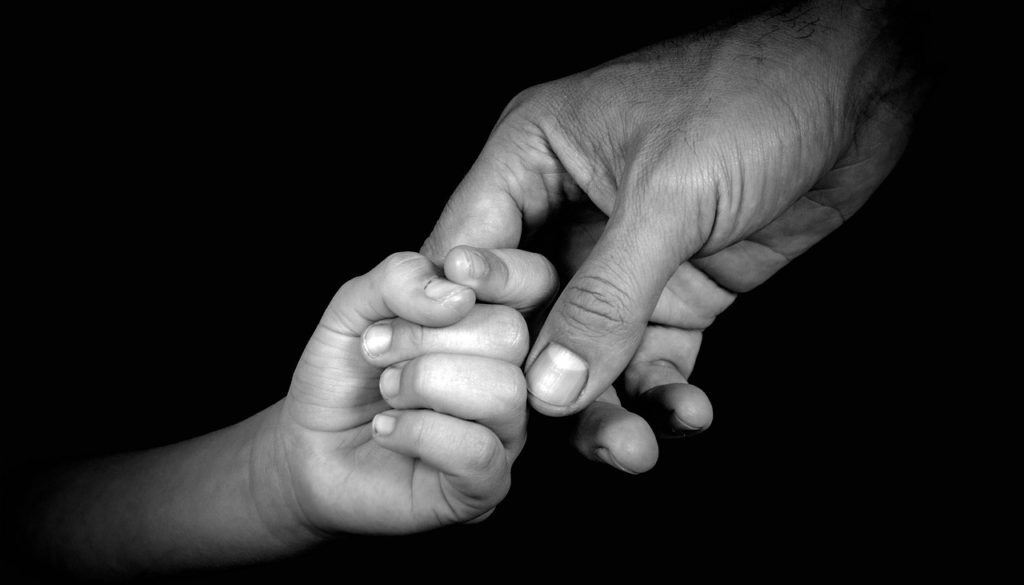Child Custody In Colorado
In Colorado, child custody refers to the legal authority to make major decisions about a child’s life, such as education, healthcare, and religion, as well as the physical care and control of the child. When parents are unable to agree on child custody arrangements, the court will make a determination based on what is in the best interest of the child.
In Colorado, the court may award joint custody, where both parents share decision-making authority and parenting time, or sole custody, where one parent has decision-making authority and physical custody of the child. This is accomplished when the court enters an order for a parenting plan, which outlines the schedule for when the child will spend time with each parent.
It is generally best for the parents to come to an agreement for a parenting plan, rather than letting the court determine the outcome for their family. Court’s will authorize most agreements between parents, and there will not be a further need for a trial if an agreement is reached.
In making a determination about child custody, the court considers a number of factors, including the child’s relationship with each parent, the ability of each parent to care for the child, the child’s preferences (if the child is of sufficient age and maturity to express a preference), and any history of abuse or neglect.
It’s important to note that Colorado law uses the term “parenting time” instead of “visitation” to emphasize the importance of both parents being involved in the child’s life. Additionally, Colorado law encourages parents to work together to create a parenting plan that meets the needs of the child and the family, and the court may require mediation to help parents resolve any disputes.
Child custody cases can be complex and emotionally difficult, it’s important to work with an experienced divorce attorney who can guide you through the process and protect your rights.




